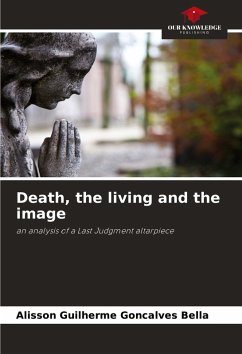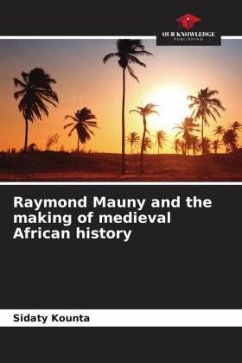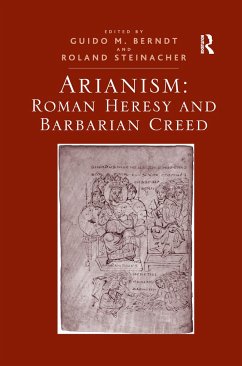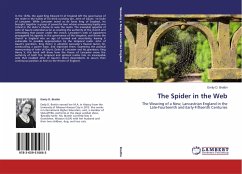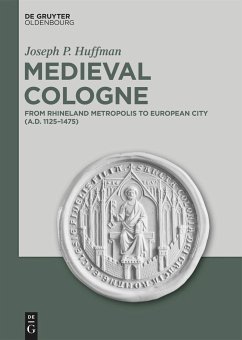
From Warrior Kings to God's Anointed Ones
Versandkostenfrei!
Versandfertig in 6-10 Tagen
47,99 €
inkl. MwSt.

PAYBACK Punkte
24 °P sammeln!
The history of the Hispanic Visigothic kingdom, from its establishment in Toledo until the Muslim invasion (507-711), passed between the monarchy's continuous attempts to strengthen its power, and the disintegrating forces that gradually undermined it, even from within. The reign of Wamba is paradigmatic in this respect. This monarch, who ruled from 672-680, ascended the throne after Recesvinto, who died without leaving any descendants. His nomination was the only authentic royal election. He was chosen by the episcopate and the nobility in consensus, as ordered by the Toledan Councils that we...
The history of the Hispanic Visigothic kingdom, from its establishment in Toledo until the Muslim invasion (507-711), passed between the monarchy's continuous attempts to strengthen its power, and the disintegrating forces that gradually undermined it, even from within. The reign of Wamba is paradigmatic in this respect. This monarch, who ruled from 672-680, ascended the throne after Recesvinto, who died without leaving any descendants. His nomination was the only authentic royal election. He was chosen by the episcopate and the nobility in consensus, as ordered by the Toledan Councils that were to govern the happy development of the Visigothic-Catholic monarchy, and not as a result of violent action or association with the throne by the preceding king. The ceremony in which Wamba received the holy oils is the first documented royal anointing since the kings of Israel. But it was not the last: in 751 it was adopted by the Frankish kings, who found it an effective way of legitimising a power that could not claim blood rights. In the centuries that followed, it spread throughout Christendom, constituting one of the pillars on which monarchical authority was based during the Middle Ages.



